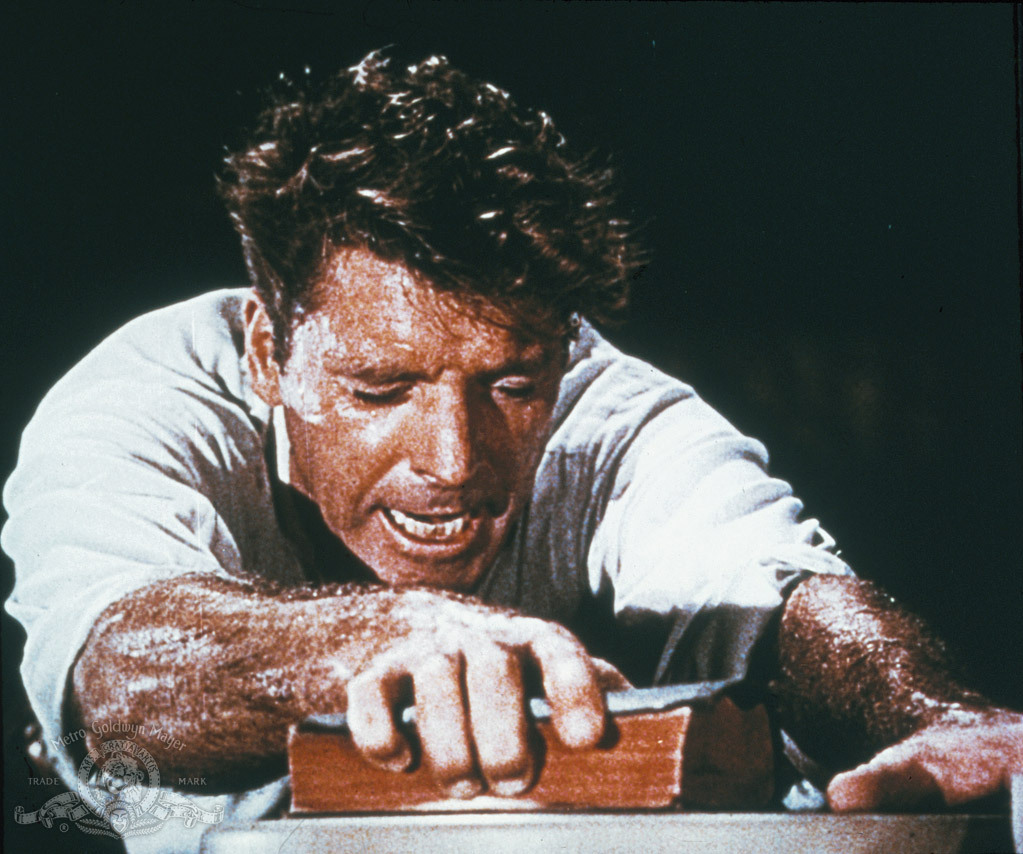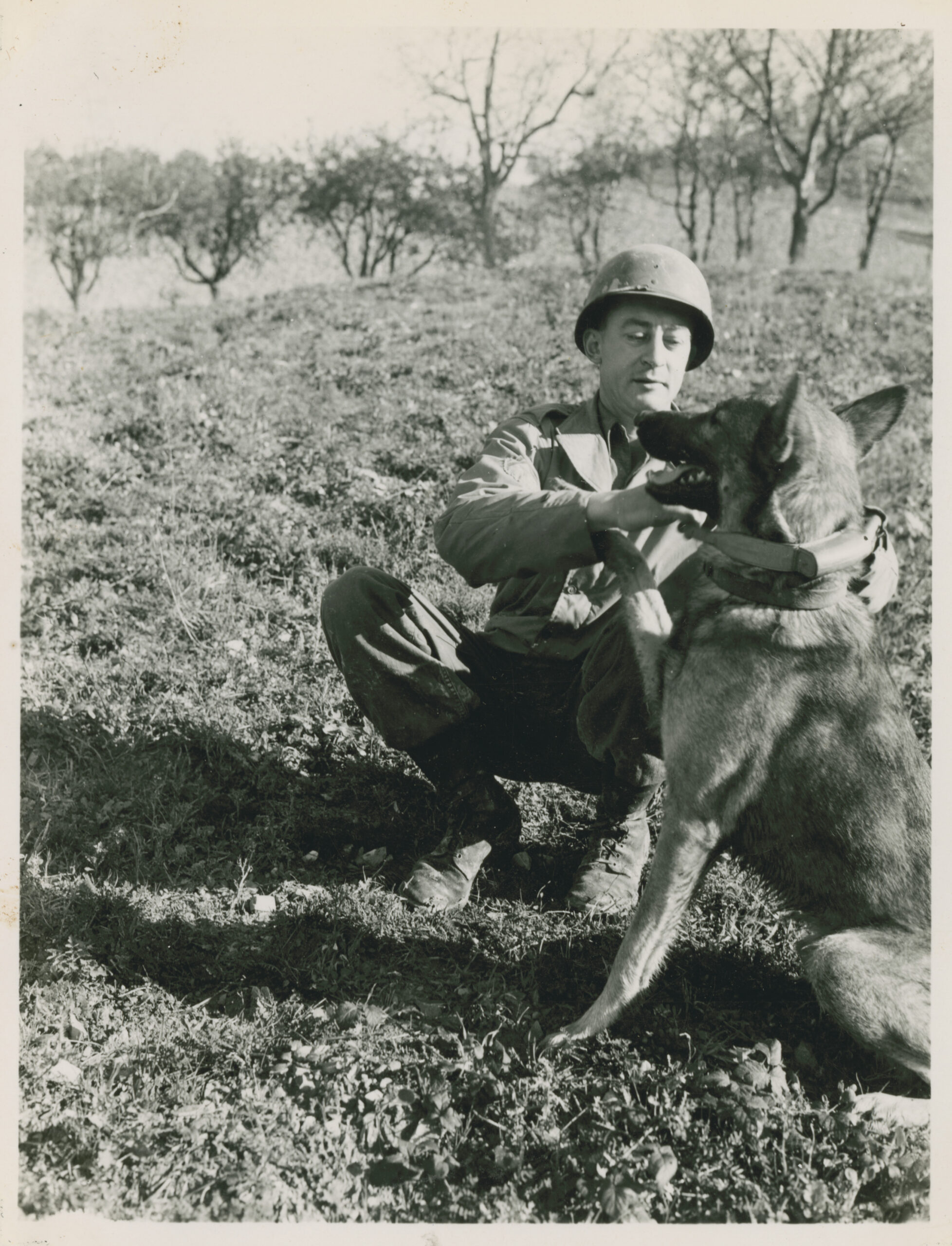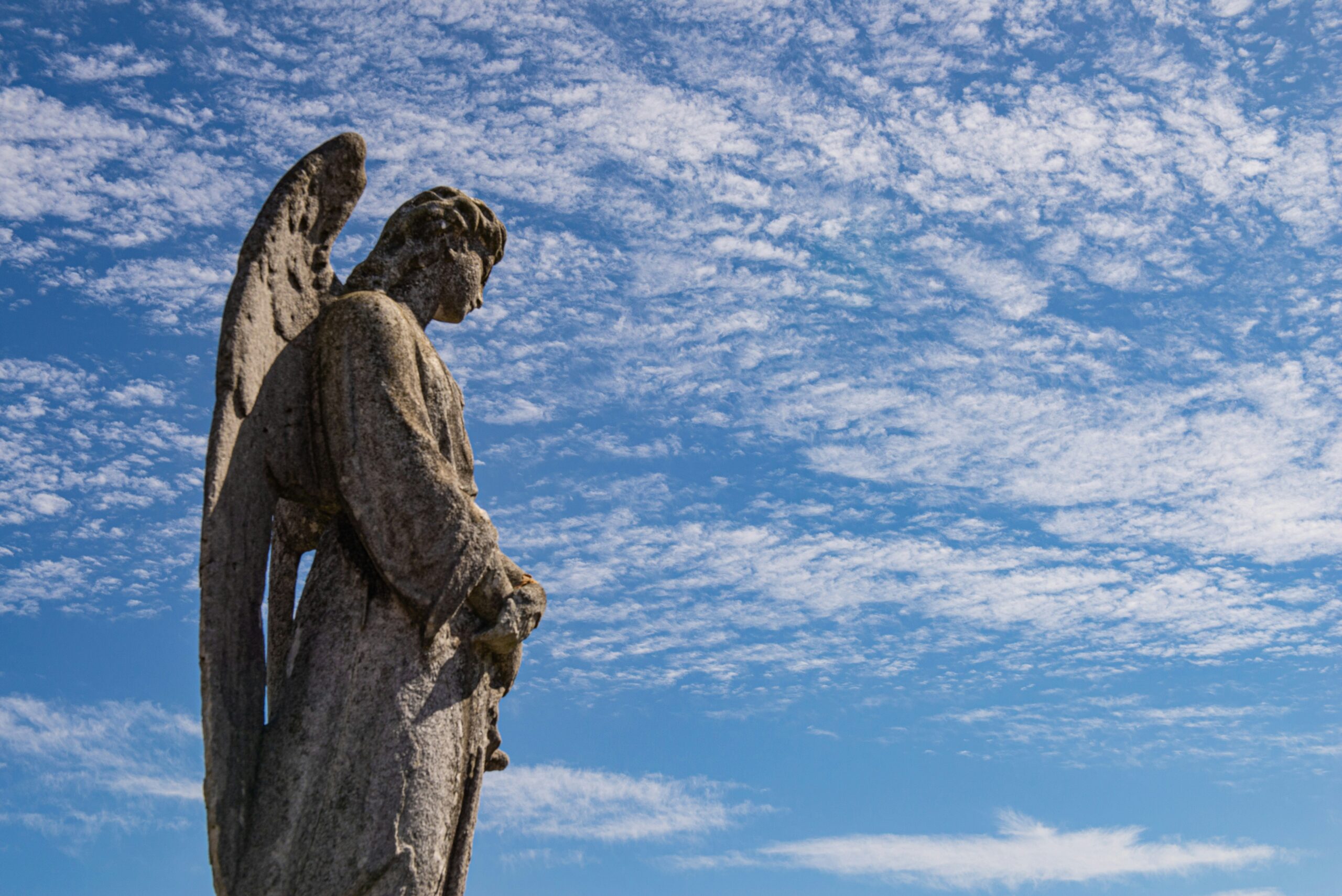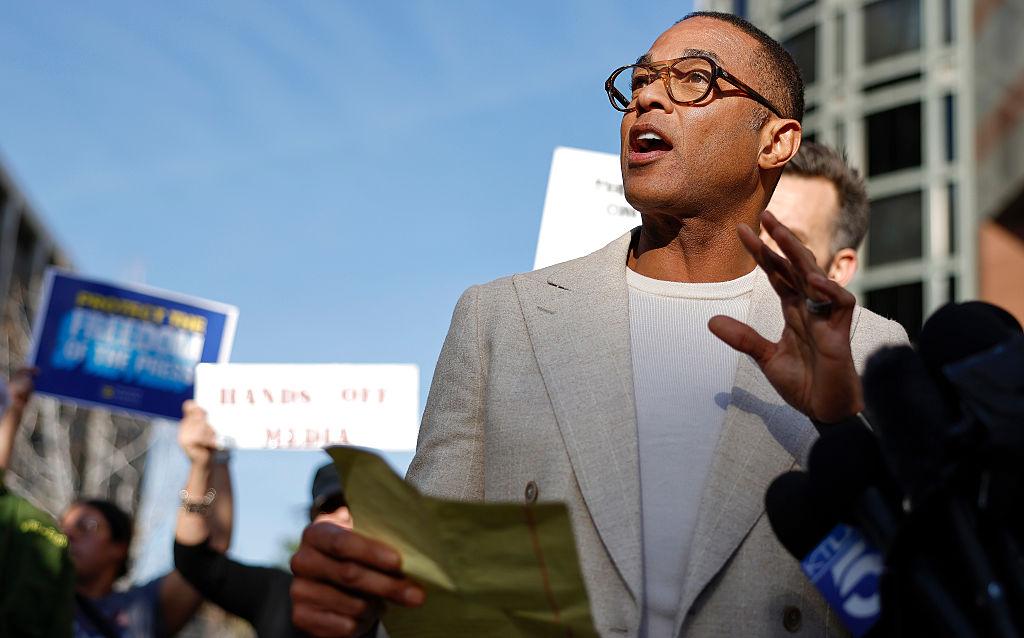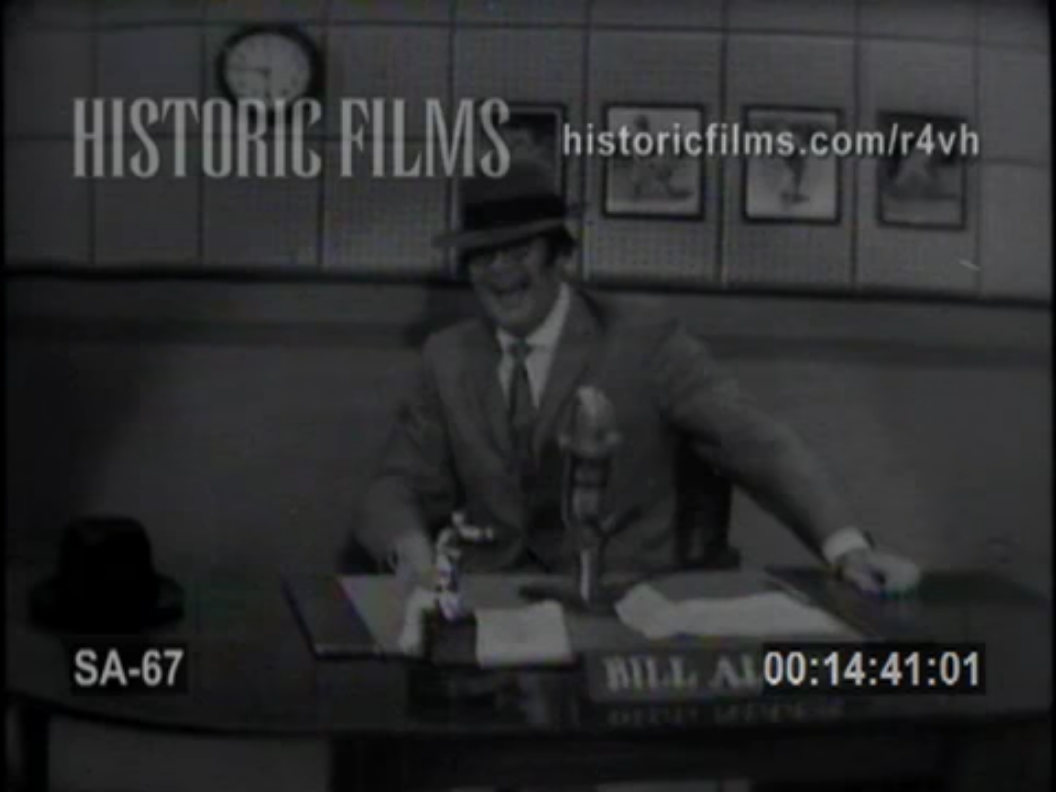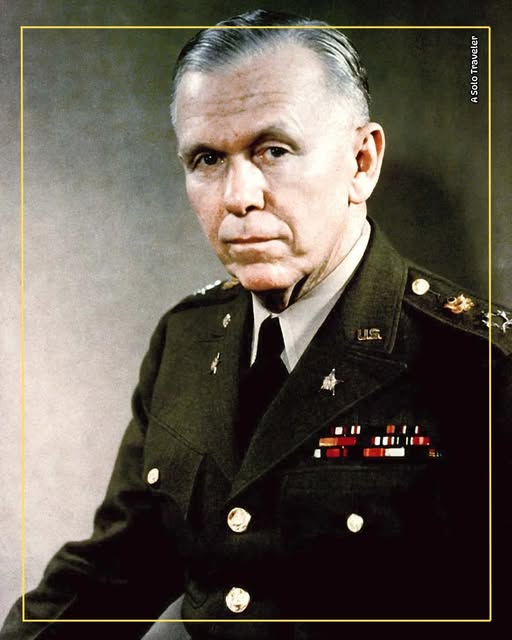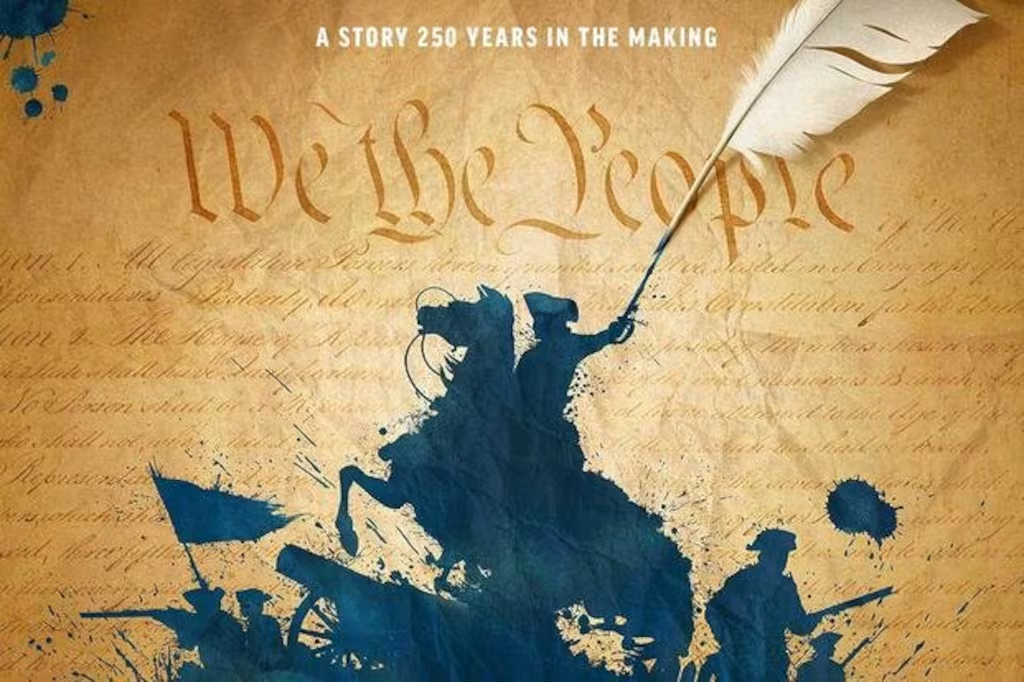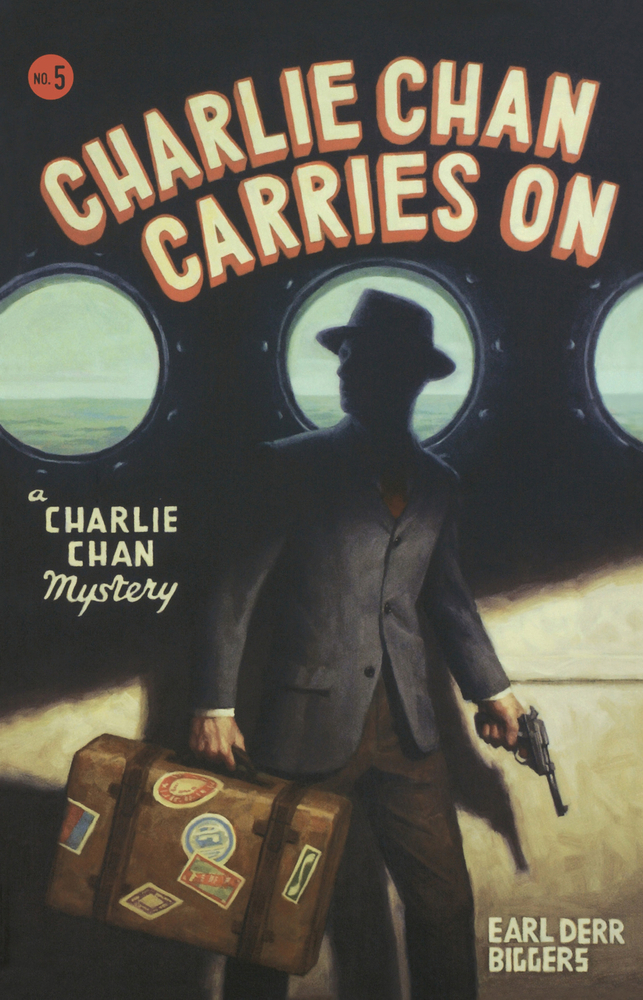
For all our progress as a nation, one obstacle remains stubbornly front and center: prejudice.
Basketball star Blair Stevens—a trans athlete—is a reminder of how change still challenges us. I struggle to understand it, too. But when I saw it in the broader context of America’s long history of prejudice, my resistance to change…changed.
Watching an old Charlie Chan movie the other night, the problems were clear: crude stereotypes and white actors in roles they shouldn’t have played. Earl Derr Biggers’ original Chan was different—a man of quiet character, whose calm strength reminds us that prejudice didn’t disappear with time; it just found new forms under the guise of free speech.
What if Charlie Chan debated a commentator whose polarizing views on race, immigration, and identity deepen the country’s divisions? What would we learn about prejudice today and how it shapes LGBTQ acceptance? With the words and inspiration from one of Biggers books, and Pope Francis’ homilies on compassion, here’s how that conversation might take place—
New York, two chairs, a modest table between them, a small audience leans in. “The night’s topic,” the moderator begins: “Prejudice, Identity, and the Future of Acceptance.”
On one side sat Charlie Chan, the legendary detective of quiet wisdom and measured thought. Across from him, a popular commentator known for stirring controversial debate over race, immigration, and the meaning of American identity.
Chan bowed his head respectfully before speaking. “Prejudice,” he said, “is a disease of the mind that hides in the garments of tradition.”
The commentator leaned back. “This is a free country. People have the right to their opinions. Some ideas—like what defines a man or a woman—shouldn’t be shut down by political correctness.”
Chan nodded. “Freedom of speech is precious. But freedom without responsibility becomes license to wound.”
The commentator shifted. “So we can’t even question the new rules without being called bigots?”
Questioning,” Chan replied, “is the root of understanding. But when questions are used to exclude, to mock, to harden the heart against another’s dignity, they become weapons. That is not inquiry. That is fear in disguise
The moderator steered the conversation toward Blair Stevens, the trans basketball star making headlines. “What does Blair’s story teach us?”
“It teaches us how far the pendulum can swing,” the commentator said, “that in trying to erase prejudice, we risk erasing common sense.”
“It teaches us that acceptance does not erase thought,” Chan said. “It opens it. And that every person—regardless of identity—deserves to be treated with dignity.
He paused in a moment of thought.
“America has known prejudice in many forms—against the Irish, the Chinese, the Jews, the Italians. Each time, society faced a choice: to pull the circle tighter or to widen it,” Chan said
The commentator smirked. “And you believe every change is progress?”
“Not every change is wise,” Chan said. “But every heart opened to another’s humanity makes wisdom possible.”
The night ended not in applause, but in something rarer: reflection. Some in the audience walked away with an unsettled question: “What defines a society is not how loudly it defends its opinions, but how humbly it seeks to understand.”
As the lights dimmed, Chan bowed one final time and offered a closing thought: “Prejudice is both the mirror and the storm. Only when we dare to look into one can we hope to survive the other.”
Comments
